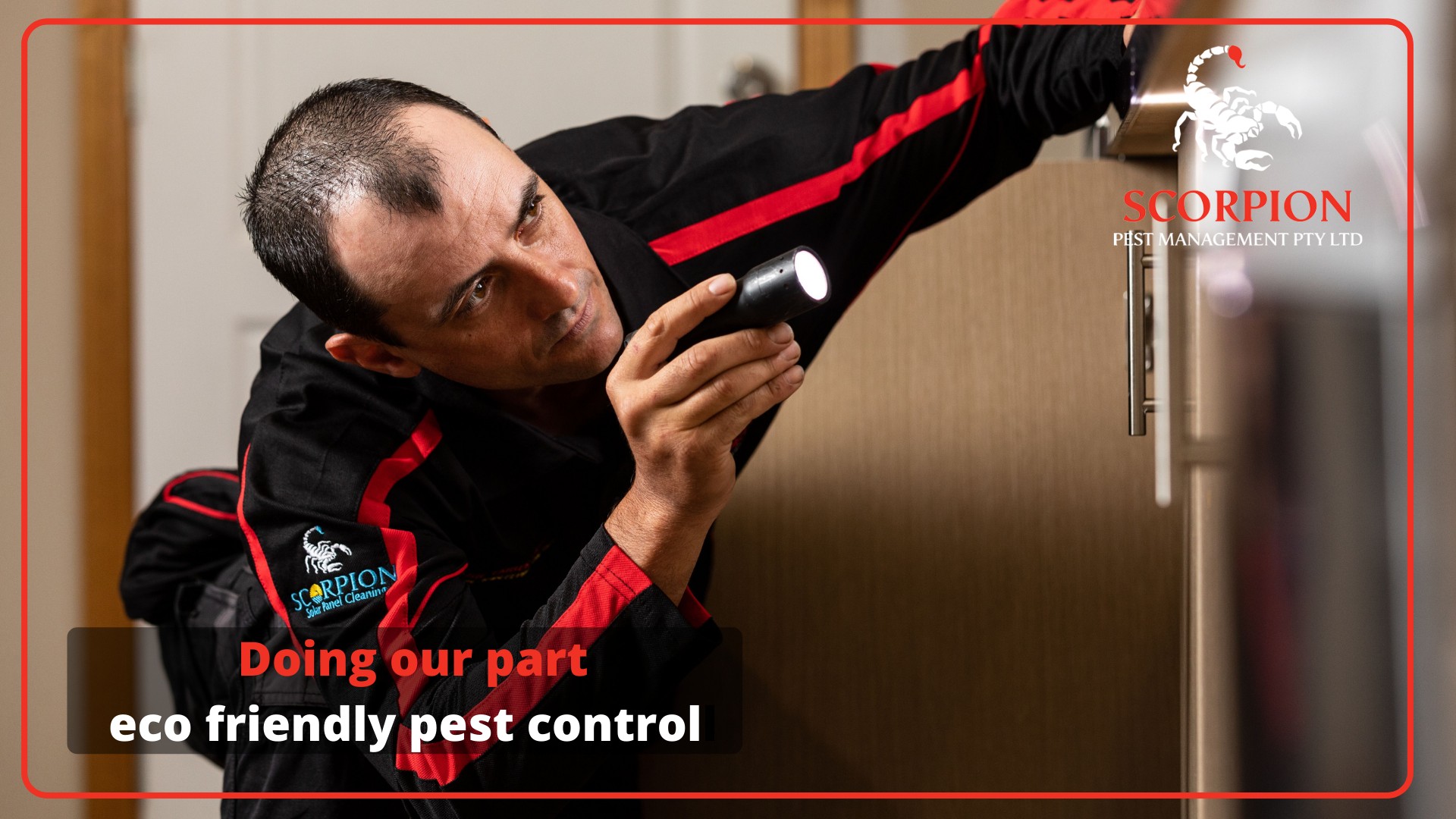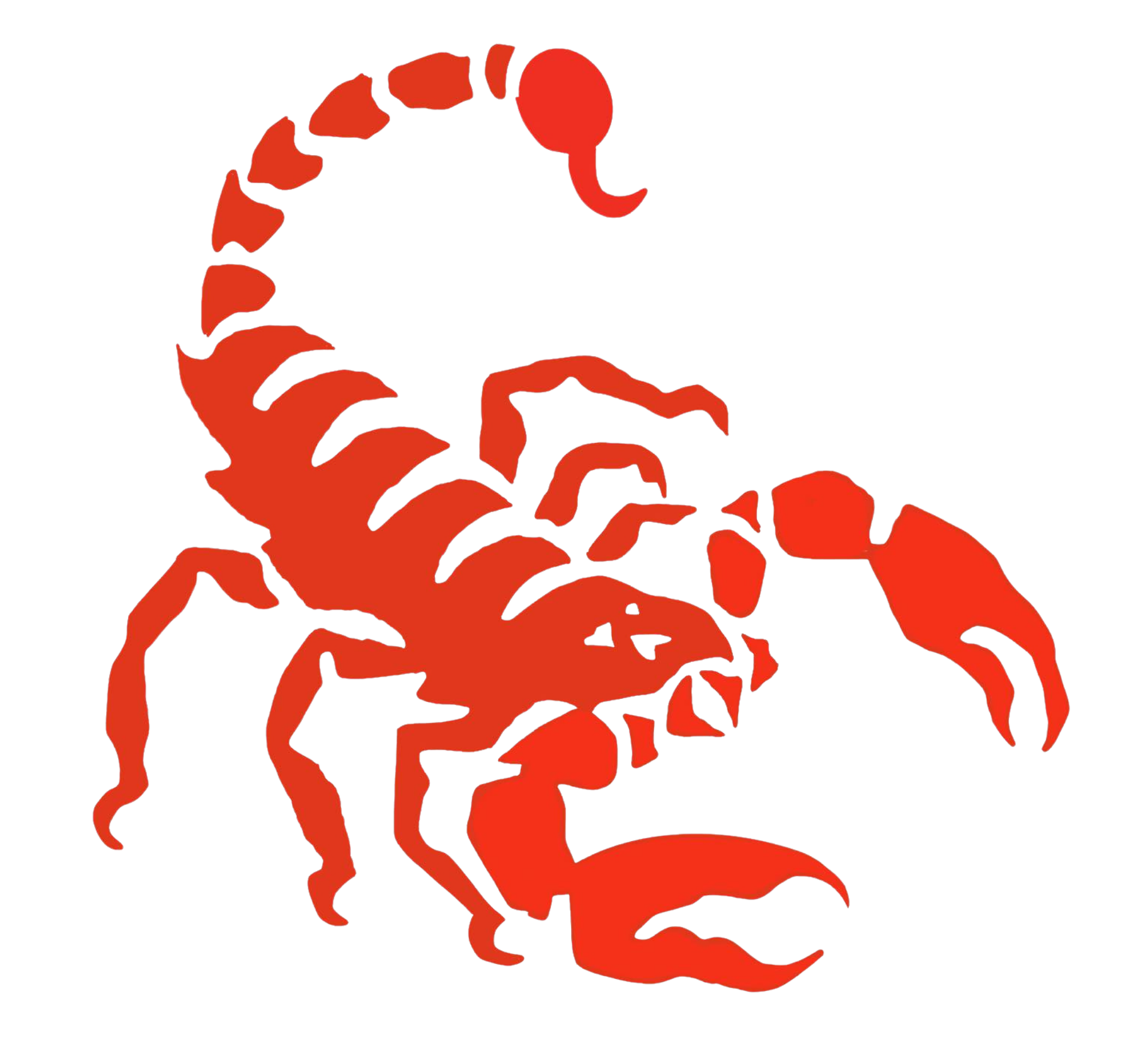
Doing Our Part - Eco Friendly Pest Control
Do you really know what is being sprayed around your home?
When most people hear “pesticide” their mental image is something like the old, highly toxic, organophosphate insecticides.
Thankfully, pesticides have changed over the last few decades, thanks to the advance in technology and increasing demand for organic products. However many insecticides labelled as 'extremely hazardous' are still being used in the Australian market today.
It's important to ask your Pest Controller what chemicals they are using.

This is how we reduce environmental and & Human exposure
- Water Based Insecticides - Pyrethrum
Water-based insecticides are the most commonly used insecticides on the market because they have low or no odour and usually do not stain or leave a residue, although there are still companies that use petroleum-based pesticides for the control of pests. Which is why it is important to find out what chemicals, your pest control company is using.
Pyrethrum – A biodegradable pesticide that is one of the least toxic pesticides on the market. It is directly extracted from a plant and is considered non-toxic to humans.
- Pesticides as a last resort - Integrated Pest Management
Excessive use of pesticides is not only increasing the resistance of insects, but it can also be more hazardous to human health. IPM is a pest control approach that uses the least toxic methods first. These methods might include:
- Removing pest’s food source.
- Blocking entry into an area or building.
- Using Snap traps/sticky traps/pheromone traps.
- Blue light traps – mosquito control.
- Wildlife – Trap & relocation.
- Spraying in the correct conditions
Certified pest controllers should follow all requirements on pesticide product labels. There is a myriad of methods that we follow to reduce the exposure of pesticide on wildlife, human life and waterways. These include:
- Check equipment for leaks and malfunctions before use.
- A consistent light wind is important when applying chemical because it dries on the surface faster, ideal wind conditions are between 6km-19km per hour, anything that exceeds this number, will be postponed.
- Using a low pressure, large droplet sprayer, and at the correct height from the surface, to avoid over spray.
- Only spraying the areas that need to be treated.
- Not spraying if heavy rain is expected within 48 hours, as the chemical has the risk of becoming less effective and washing into water ways.
- Protecting Pets & People
When used correctly, pesticides can play a valuable role in controlling weeds, insects and other pests. On the other hand, if not used properly, it can adversely affect non-target wildlife. How we protect your pets and non-target wildlife from pesticide poisoning;
- We don’t use a “one chemical kill all” approach, our control methods are varied depending on the pest.
- Our rodenticide baits are placed in bait stations where children, pets and wildlife cannot access them.
- We separate animals such as cats and dogs from the chemical during the application and whilst it dries.
- Where possible, we call beekeepers to safely relocate beehives.
- Customers with small mammals such as rabbits and aquatic wildlife are instructed to cover any tanks and cages before treatment commences.
Pesticide use should have minimal to no impact on the environment, groundwater, soil, humans, food or non-target species. Integrated Pest Management is more than purchasing low-non-toxic pesticides and spraying accordingly. We don’t just use a blanket approach but we instead focus on each individual situation and the customer’s needs, to develop a treatment plan.

